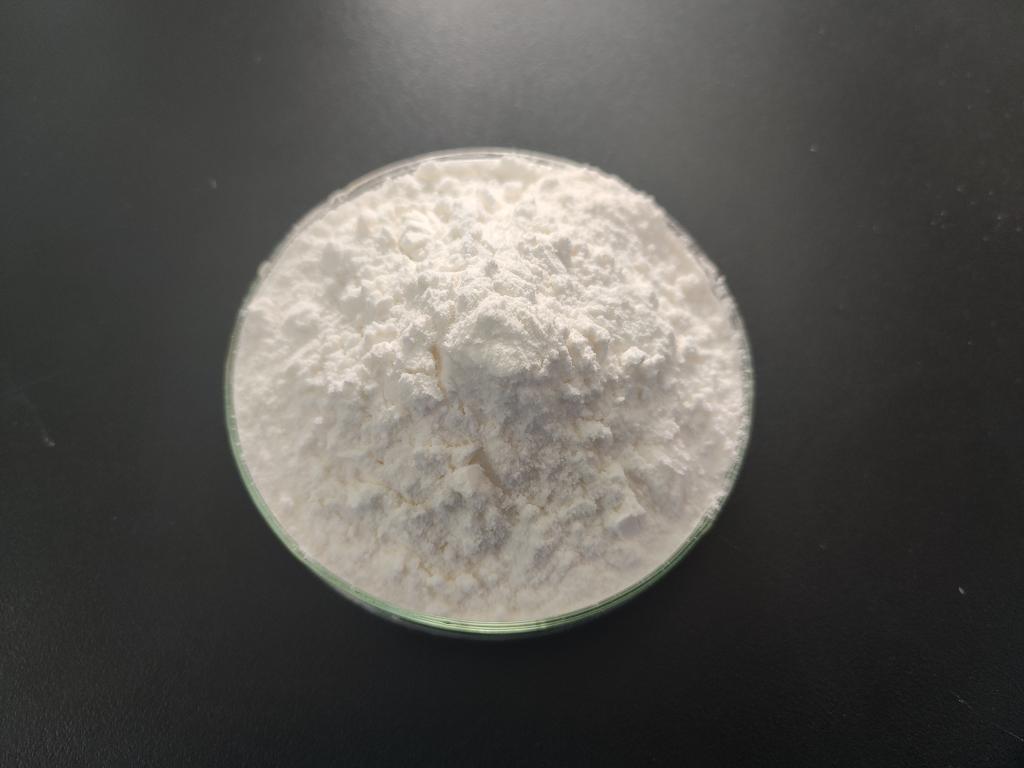Tel:+8618231198596

News
 CONTACT
CONTACT
 CONTACT
CONTACT
- Linkman:Linda Yao
- Tel: +8618231198596
- Email:linda.yao@dcpharma.cn
- Linkman:CHARLES.WANG
- Department:Overseas
- Tel: 0086 0311-85537378 0086 0311-85539701
News
Can ε-Polylysine hydrochloride be used in the preservation of deli meats and cured products?
TIME:2023-06-16
Understanding Deli Meats and Cured Products:
1.1 Definition and Characteristics:
Deli meats and cured products encompass a wide range of meat-based products, such as ham, bacon, salami, and sausages. These products are typically prepared through curing, smoking, or fermentation processes and are enjoyed for their unique flavors and textures.
1.2 Preservation Challenges:
Deli meats and cured products are prone to microbial spoilage due to their high moisture content, nutrient availability, and favorable pH conditions. Preserving these products requires effective strategies to inhibit bacterial growth, maintain safety, and extend shelf life.
ε-Polylysine Hydrochloride as a Preservative:
2.1 Overview of ε-Polylysine Hydrochloride:
ε-Polylysine hydrochloride is a natural antimicrobial compound derived from microbial fermentation. It consists of multiple lysine residues linked together, and its antimicrobial activity primarily targets Gram-positive bacteria.
2.2 Advantages in Preserving Deli Meats and Cured Products:
ε-Polylysine hydrochloride offers several benefits as a preservative for deli meats and cured products:
a) Antimicrobial Efficacy: ε-Polylysine hydrochloride exhibits efficacy against a wide range of bacteria, including foodborne pathogens and spoilage microorganisms commonly found in these products, contributing to increased product safety.
b) Extended Shelf Life: The antimicrobial properties of ε-polylysine hydrochloride help inhibit microbial growth, leading to an extended shelf life and reduced product waste.
c) Minimal Impact on Flavor and Texture: When used within appropriate concentrations, ε-polylysine hydrochloride does not significantly alter the taste, aroma, or texture of deli meats and cured products, preserving their sensory attributes and overall quality.
Safety Considerations:
3.1 GRAS Status:
ε-Polylysine hydrochloride has been designated as Generally Recognized as Safe (GRAS) by regulatory agencies, including the U.S. Food and Drug Administration (FDA) and the European Food Safety Authority (EFSA), affirming its safety for use in specified amounts.
3.2 Allergenicity and Toxicity:
Extensive studies have demonstrated that ε-polylysine hydrochloride does not exhibit allergenic properties. It is not metabolized in the human body and is excreted unchanged, posing minimal risk of toxicity when used within approved levels.
3.3 Regulatory Compliance:
Compliance with regulatory guidelines and maximum usage levels is essential when incorporating ε-polylysine hydrochloride as a food additive. Adhering to labeling requirements ensures transparency and consumer safety.
Impact on Sensory Attributes:
4.1 Taste and Flavor:
The addition of ε-polylysine hydrochloride, when used in appropriate concentrations, does not significantly affect the taste or flavor of deli meats and cured products. The natural characteristics and sensory profile of these products can be preserved, maintaining consumer preference.
4.2 Texture and Quality:
Proper dosage adjustment and formulation can help maintain the desired texture and overall quality of deli meats and cured products. ε-Polylysine hydrochloride does not negatively impact the texture, color, or appearance of the products when applied correctly.
Application and Integration:
5.1 Dosage and Application Methods:
The optimal dosage of ε-polylysine hydrochloride depends on factors such as the specific product formulation, target microorganisms, and desired shelf life. It can be applied as a surface treatment, incorporated into marinades or brines, or added directly to the meat mixture during processing.
5.2 Packaging Considerations:
ε-Polylysine hydrochloride can be integrated into packaging materials, such as films or wraps, to provide an additional barrier against microbial growth and contamination. This integration enhances the preservation potential of deli meats and cured products during storage and transportation.
Consumer Perception and Acceptance:
Transparent communication and education regarding the use of ε-polylysine hydrochloride as a preservative are crucial for consumer acceptance. Providing clear information about its purpose, benefits, and safety can help maintain consumer trust and confidence.
Conclusion:
ε-Polylysine hydrochloride shows promise as a natural preservative for deli meats and cured products. Its antimicrobial efficacy, extended shelf life benefits, minimal impact on sensory attributes, and regulatory compliance make it an attractive option for preserving these products. By incorporating ε-polylysine hydrochloride into formulation and packaging strategies, producers can enhance food safety, reduce product waste, and maintain the taste, texture, and overall quality of deli meats and cured products, ensuring consumer satisfaction and regulatory compliance.
- Tel:+8618231198596
- Whatsapp:18231198596
- Chat With Skype







